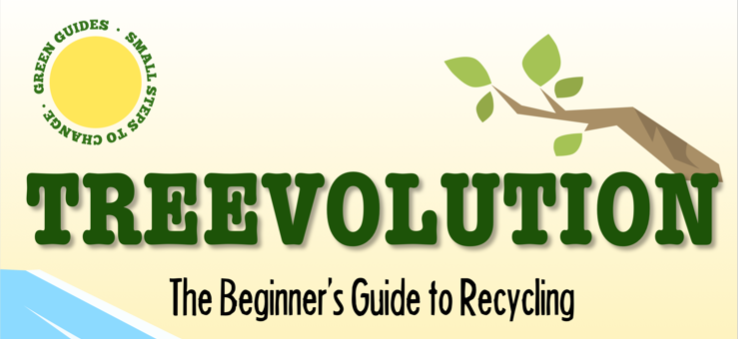groundWork has been supporting local environmental organisations for around 24 years. Image: groundWork website
groundWork: Battling big bosses for environmental equality
South Africa is unequal in so many ways that environmental injustices are often overlooked. But fixing these problems can mean the difference between life and death for people in many communities across the country.
Fighting for environmental equality has taken the front seat at groundWork since 1999. We spoke to Rico Euripidou, a campaigner at groundWork, which has offices in Pietermaritzburg, Durban, Johannesburg, Pretoria and Middelburg in Mpumalanga.
Why was groundWork founded?
groundWork was born in June 1999 by Bobby Peek, Gill Addison and Linda Ambler in resistance to oil and waste. It was set up to support activist groups in communities affected by industrial pollution. It started working with people active on the fencelines of the major oil refineries and of waste dumps and incinerators.
Note: Fenceline communities are those immediately adjacent to a company, industrial centre or factory that is directly affected by the noise, odours, chemical emissions and other operations of the company.
Given South Africa’s heritage of environmental racism, most fenceline communities are poor and black. Under apartheid, they were excluded from decision-making processes. The democratic transition promised their inclusion but it was immediately evident that people would have to fight for their rights. Many were already doing so, mostly with limited resources, and it was these activists who inspired groundWork.
What work does groundWork do?
groundWork is an environmental justice organisation. We recognise that the powerful and rich get major benefits while the disempowered and impoverished carry the brunt of the environmental costs. Environmental injustice is embedded in inequality. We want to change unhealthy power relations and give a voice to those who need it.

Why is an initiative like this important?
We are an NGO that works with fenceline activists mobilising against industrial pollution and challenging the power of large corporations. We don’t represent local activist organisations, but support their capacity to represent themselves. We help local groups organise campaigns and help them connect with others nationally and globally. Our initiative also helps these groups to access technical and legal resources.
Do you have any success stories?
There have been many. Last year, for example, we were involved in a major court victory for communities fighting air pollution in the Mpumalanga highveld.
Which communities are most affected by environmental issues?
Environmental injustice is a brutal reality that is driven by an economic system that puts profit before people.
At Thor Chemicals in Cato Ridge, for example, at least four workers were killed by mercury poisoning and many more were permanently disabled. In south Durban, journalist Tony Carnie went from door to door to ask people whether anyone had cancer or had died from cancer. Most did. His survey suggested a leukemia rate 24 times the national average.
- Read Carnie’s story in the Daily Maverick here
In Port Elizabeth, the Aloes toxic dump and incinerator were built almost on top of the small informal settlement of Vermaak. The people there were always poor but, with Aloes on their doorstep, many became ill and could no longer work, so they lost their income. Many died.
groundWork’s passion for environmental justice is about people and caring about the damage done to them by a heartless system. Changing the system starts with confronting the people in charge. Our purpose is to help people take on that struggle.
Are there any organisations that groundWork admires?
- South African Waste Pickers Association
- Vukani Environmental Justice Movement in Action
- South Durban Community Environmental Alliance
- Vaal Environment Justice Alliance
- Centre for Environmental Rights
- Life After Coal (Impilo Ngaphandle Kwamalahle)
- Earthlife Africa
Notebook
- Read about groundWork’s victories: Major court victory for communities fighting air pollution in Mpumalanga Highveld – Centre for Environmental Rights
- groundWork’s 2022 highlights

